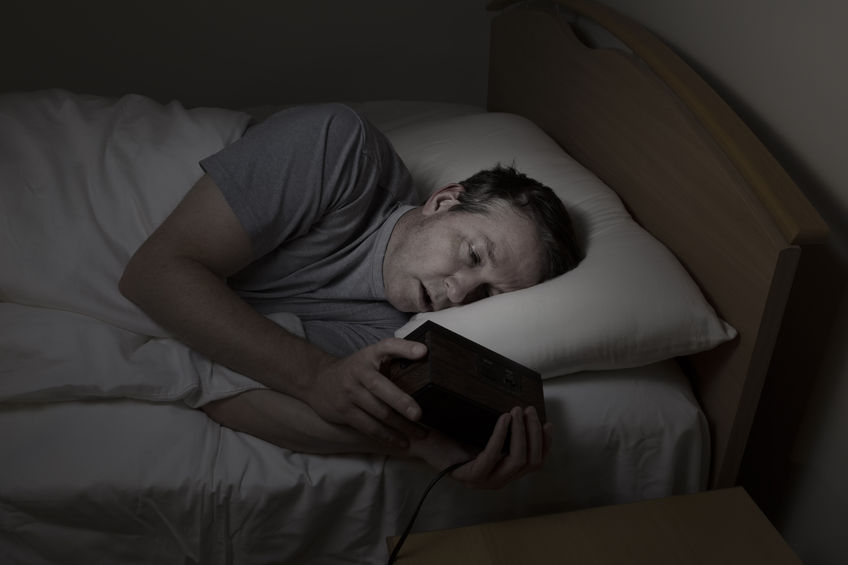It is more than just a frustrating experience lying in bed waiting for sleep to come. Defined as trouble falling asleep, staying asleep, waking up too early or not feeling recovered upon waking up at least 3 nights a week, chronic insomnia makes it more likely you’ll experience headaches, depression, weight gain, diabetes, heart disease and many more health conditions and risks.
If you aren’t sure what’s been causing your regular sleepless nights, seek the help of a licensed physician or sleep specialist immediately. Here are some common causes of insomnia that The Huffington Post recommends we all be aware of:
1. Chronic pain: Any condition that leaves you uncomfortable or in pain, is liable to impact your snooze, including acid reflux, arthritis, fibromyalgia and back pain. Plus, one study even found that frequent nighttime awakenings can lower your pain thresholds, making the problem worse. It’s important to seek help from both a doctor who specializes in pain, along with a sleep specialist if you are in this situation.
2. Medications: Certain medications, both over-the-counter and prescription, can lead to insomnia, especially if they contain caffeine or other stimulants. Many prescription drugs are also responsible for blocking melatonin, disrupting sleep phases and adjusting the natural amounts of enzymes your body needs to function.
3. Clinical depression or anxiety: It isn’t uncommon to experience insomnia when you are stressed, anxious or depressed. According to WebMD, up to 80% with depression have trouble falling sleep or staying asleep.
4. Your diet: You could be sabotaging your sleep throughout the day and right before your bedtime by eating and drinking the wrong foods at the wrong time. Along with avoiding caffeine after 2 pm, say no to nightcaps, and avoid big, spicy meals at dinner time to prevent sleep disturbances with bathroom trips and indigestion.
5. Allergies: Having allergies makes you twice as likely to experience insomnia. Sleep experts recommend changing your bedding more frequently, showering before you tuck in, and following a strict sleep hygiene routine (no electronics an hour before bed, keeping your bedroom cool, quiet and dark, etc.) can lead to much improved snooze.
6. Neurological diseases: Changes in the brain and chemicals that help you sleep, which occur with brain conditions such as Parkinson’s, Alzheimer’s, and stroke, can cause sleeping issues, along with the medications used to treat them.
7. Other sleep disorders: Battling another sleep disorder such as restless leg syndrome, an uncomfortable condition in which leg sensations keep you from being still and falling sleep, can cause some sleepless nights, which on a regular basis puts insomnia much more likely.
Your sleep is important! The National Sleep Foundation recommends that adults sleep 7-9 hours each night, including on weekends. Invest in your overall well-being by consistently investing in quality shut-eye!


No comments yet.